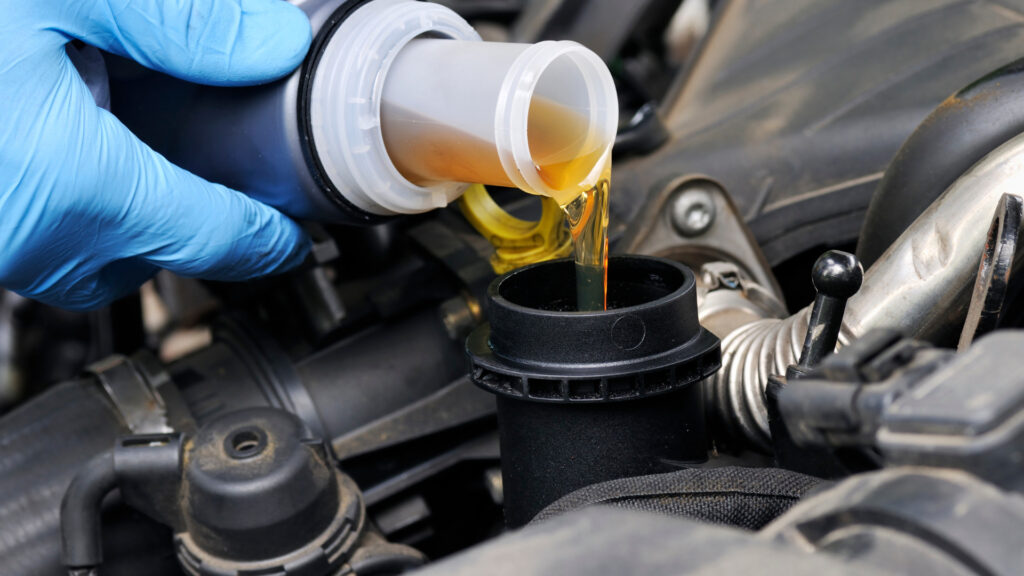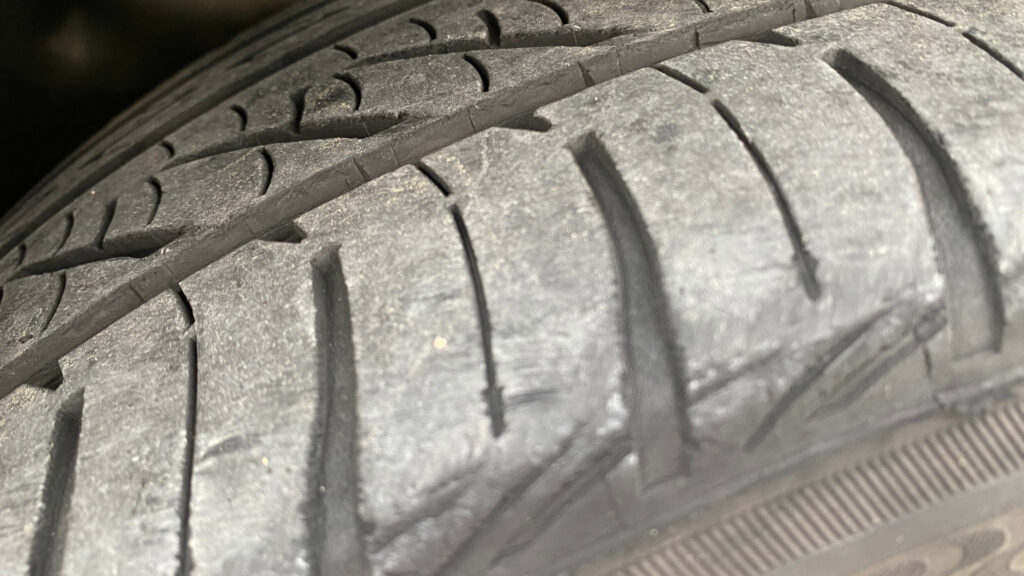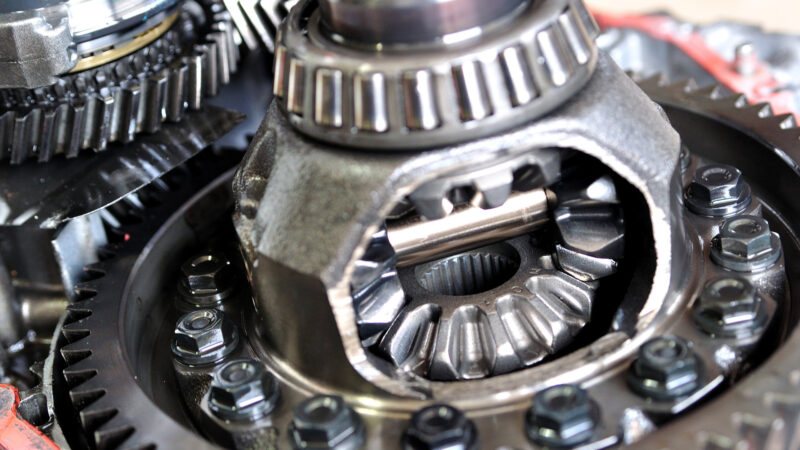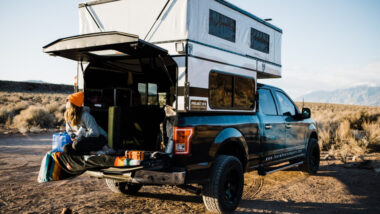Table of Contents Show
The front differential may be one of your vehicle’s least-known but most vital pieces. Unfortunately, many of us only learn about it when it’s too late.
So what are the signs that your front differential is failing, and what should you do?
Read on as we explore the purpose of this crucial system and how to deal with any potential issues.
What Is a Front Differential?
To understand the purpose of a front differential, consider what happens when your vehicle turns a corner. The wheel on the inside of the turn will naturally move along a shorter arc than the wheel on the outside.
This difference may be relatively modest, but without accounting for it, your vehicle would be far more challenging to control.
A front differential works to adjust the speed of the rotation of your wheels to account for the difference in distance, providing a smooth and manageable turn.
This happens through a series of gears that change the torque applied to each tire.
What Happens if You Drive With Bad Front Differential?
Let’s be clear – driving with a malfunctioning front differential is a bad idea. Even in the best-case scenario, you’ll continue to do further harm to your differential, potentially changing a small repair into an expensive replacement.
At the same time, you’ll also damage your tires and possibly other parts of your vehicle. In the worst outcome, you may lose control of your vehicle due to differential issues, causing what could be a serious or even deadly crash.
How Do You Know if Your Front Differential Is Bad?
Unlike some common vehicle problems, it’s typically not hard to know something is up when your differential goes out. Here are some of the telltale signs.
It’s Difficult to Steer
This is one of the hardest signs to miss for obvious reasons. If your vehicle is suddenly steering differently and is harder to control for no other apparent reason, your front differential may be the culprit.
Unfortunately, this is also one of the most dangerous symptoms of a busted differential. That means you should get off the road and address it as soon as possible.

You Hear Grinding or Clunking Noises
Loud clunking or grinding while driving may also be a sign that your front differential failed.
What you’re hearing is the under-lubricated gears of your differential clanking and rubbing against one another. The noise will generally get louder as you accelerate.
You’re Going Through Oil Quickly
This symptom is closely related to the grinding noises we just mentioned.
A bad front differential often leaks oil, resulting in you needing to replace your oil much sooner than expected. In the meantime, the differential won’t be getting the lubrication it needs, further damaging it.

Unexplainable Wear on Your Tires
Tires will naturally wear out over time. But if you’re seeing unusual wear and tear sooner than expected, it could be a symptom of a broken front differential.
After all, its primary function is to correctly rotate your tires on turns. This will be especially obvious if you turn one direction more than another, as the inner tires will see this extra damage.
Pro Tip: You won’t want to purchase a new set of RV tires until you look at our Ultimate RV Tires Buyers Guide!

Constant Vibrations, Especially When Accelerating
The same lack of lubrication that causes the grinding and clunking mentioned earlier can also appear as a significant vibration throughout your vehicle while driving.
You’ll find yourself shaking and rattling with a bad front differential as you roll down even the smoothest road. The feeling will get even more profound when you speed up.
Can a Front Differential Be Repaired?
In some cases, repairs to a damaged front differential are possible. This is usually the case for smaller issues like replacing a leaking seal or degraded gasket.
This can range from a few dollars to a few hundred bucks. That depends on the nature of the repair and whether you can DIY or hire a mechanic.
In many other cases, you’ll need to opt for a full differential replacement.
How Much Does a Front Differential Cost to Replace?
The cost of a front differential replacement will depend on a few factors. First, do you plan to have a mechanic do the replacement, or are you confident enough to do it yourself? Naturally, opting for a professional installer will add several hundred dollars worth of labor costs.
The highest cost, however, will be for the new differential itself. Depending on the type of vehicle, parts can run anywhere from $1,000 to $3,000.
Add this to the $200 to $500 labor costs, and you have an idea of what you should expect to pay, subject to your local prices.

How Long Do Front Differentials Last?
In most cases, a properly maintained front differential that doesn’t encounter any unusual damage should last the entire life of your vehicle.
Maintaining your differential doesn’t require much. Simply change the fluid at prescribed intervals.
This is often 30,000 to 50,000 miles, meaning most owners won’t need to do this more than twice or three times per vehicle.
In addition, keep an eye and an ear out for the signs mentioned above. Resolving a front differential issue quickly when it’s still minor can prevent expensive replacements down the road.
Keep in Mind: When you need to repair your RV while on the road, you’ll want to find the best RV repair company. Here’s How To Find RV Repair Tech Services Anywhere
Know the Signs of a Bad Front Differential
As you can see, your front differential is one of the most critical parts of your vehicle, helping ensure a smooth ride and accurate steering.
And, fortunately for you, the signs of things going wrong could hardly be clearer. Keep this information in mind; you should have no trouble spotting potential issues early and staying safe on the roads.






